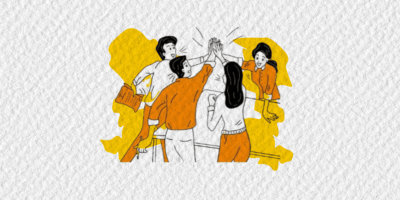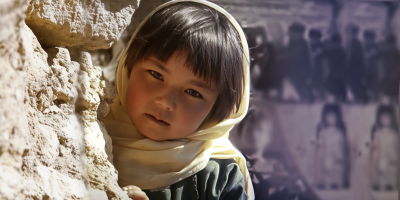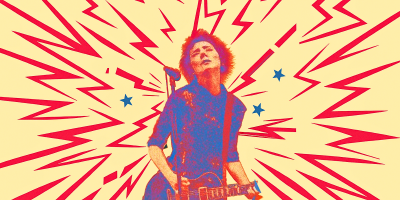
“Until the lions have their own historians, the history of the hunt will always glorify the hunter.”
— Chinua Achebe
Throughout most of the literature, Africa was often portrayed as primitive and voiceless. Many people couldn’t even distinguish whether it was a country or a continent. One-sided narratives about this poor, third-world region dominated—until Chinua Achebe’s “Things Fall Apart” (1958), one of the most influential literary landmarks within postcolonial literature, turned those narratives upside down with a detailed and powerful response.
As a deeply human and culturally rooted story, Achebe’s work has been widely acclaimed by intellectuals worldwide. Nelson Mandela proclaimed him as a writer “in whose company the prison walls fell down,” while his fellow Nobel laureate Nadine Gordimer said that Achebe is “the father of African literature.”
Unfolding in 1890s Nigeria, the narration develops in two primary parallels: the internal tensions embedded in the traditional structures of Igbo (people living primarily in southeastern Nigeria who speak Igbo) society and the external intrusion of colonial forces. The author highlights the oppressive dimensions of British colonialism, coupled with the limitations institutionalized within the society itself. This is chiefly achieved through the Igbo warrior and the central character of “Things Fall Apart”, Okonkwo, a resolute man who is driven by the fear of weakness, the culturally accepted sign of masculinity, shaping his every decision, even when it is fatal:
“Perhaps down in his heart, Okonkwo was not a cruel man. But his whole life was dominated by fear, the fear of failure and of weakness.” (p. 17)
The “weak” father, imprinted in his memory, shapes him as a character with extreme displays of masculinity, aggression, and emotional coldness. Achebe critiques this toxic ideal of manhood entrenched within the community, showcasing how Okonkwo’s obsession with strength ultimately isolates him and contributes to his downfall.
Okonkwo’s personal unraveling intensified with the emergence of the British colonial presence in the community, namely through Christian missionaries and political domination. He faces the collision of the traditional world deeply institutionalized within his innermost psyche and identity. Two primary vehicles of disruption were religion and education. In particular, Okonkwo’s son Nwoye, in search of warmth and emotional connection from his father, attaches profound meaning and value to the Christian faith introduced by the colonizers. Although the shift is peaceful, it is irreversible and brings about a pronounced rift between Okonkwo and his son. At the core of the narration, thus, is that colonialism does not simply spread over the institutions overnight; rather, it gradually creeps into the personal lives of individuals, which is characterized by the slow process of erosion through the rupture of homes, language, and identity.
“The white man is very clever. He came quietly and peaceably with his religion. We were amused at his foolishness and allowed him to stay. Now he has won our brothers, and our clan can no longer act like one. He has put a knife on the things that held us together and we have fallen apart.” (p. 152)
The story eloquently comes to an end with the emphasis on the colonial mindset rooted in the framing of historical events, namely, when the British commissioner decides to write a book centered on his experiences in Nigeria, the title in his mind being “The Pacification of the Primitive Tribes of the Lower Niger.”
Achebe’s writing style is multi-layered with profound meaning and depth. He beautifully integrates Igbo proverbs and oral storytelling traditions throughout the novel, showcasing cultural and linguistic nuances vital for the narration. The primary areas of improvement of the narrative are primarily associated with the female characters’ development to establish a more detailed representation of their perspectives, experiences, and emotions throughout the novel. The patriarchal structures within the society are vividly depicted, where female voices are largely unheard of; nonetheless, the narration could have a more emphasized representation of the gendered and hierarchical realities of the system.
Lastly, the brilliant craft of Achebe’s storytelling centered on the lives of African communities in Nigeria is equally compelling in the two other books of the African Trilogy, “Arrow of God” and “No Longer at Ease”. The portrayal of colonialism through personal stories of outstanding originality, depth, and vividness makes “Things Fall Apart” a must-read within postcolonial literature.













